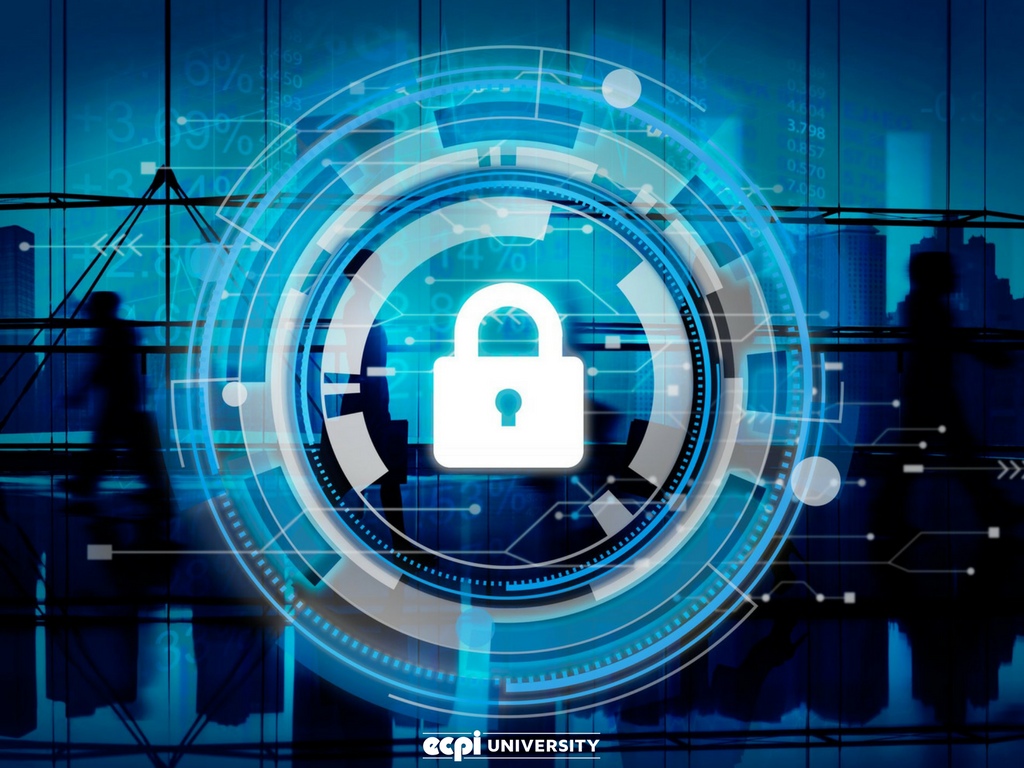What Skills Do You Need for Cybersecurity?
As the world goes through a new boom in technological developments, governments, businesses, and other big institutions are becoming digital. However, this brings with it a new type of crime: cyber-attacks. In response, cybersecurity experts have come to the rescue.
For a successful IT professional, the skill-set is everything. If you want to really make it in this industry, there are some basic skills that you always have to keep in mind. These are what makes a great cyber security expert.
Important Skills
So, what are these skills that every IT security expert needs?
- Hard skills: These are the real job-oriented skills. They include a good understanding of IT basics in system administration and web applications. If you happen to have a certification, it makes things much better for you as you gain more experience and technical expertise on how to respond to various security situations. Also, a smart IT security expert needs to have a clear understanding of network architecture, IT security administration as well as operational technicalities of various operating systems used within the network.
- Soft skills: These are basically interpersonal skills. They include a good grasp of both written and oral communication. You need to understand various technical references and how and when to use them, according to the people you interact with. You’re not going to dish out highly technical computer jargon to the head of finance. Instead, you’ll find a way to explain things in a less complicated manner. These skills also encompass the ability to effectively implement security-related policies, by spreading awareness about any possible security threats and how to curb them, by initiating and instituting appropriate procedures meant to boost system security.
Are You Cut Out For This?
As they say, not everything is meant for everyone. Are you cut out for the demands of being a cyber-security professional? Here are some qualities you must have if you are:
- Willing to learn new material quickly: In the world of computers, new things keep sprouting up all the time. A dedicated cyber security expert needs to learn fast. If anything new hits the field, you should be in the know.
- Problem-solver mindset: You’re not going to make much of a cyber-security expert if you find it hard to be initiative in decision-making and problem-solving processes. You need to reason like a consultant. You understand that in your position, everyone else depends on you for the security of the system, and that means you might have to sometimes make decisions on the fly when dealing with threats and mapping courses of action. That’s one quality that could take you far in the industry.
- Team player: In the world of cyber security, you’ll often find yourself having to team up with other experts in dealing with cyber threats or brainstorming and planning on ways to counter them. In essence, you’ll be required to be a team player in such processes. Being a natural in that sense makes the whole thing much easier and even fun for you.
What Challenges Do You Expect In Line Of Duty And How Do You Deal With Them?
Every field has its challenges. For cybersecurity experts, they come in the form of digital attacks. Here are some issues you might face while working in cybersecurity, as well as some tips on how to handle them:
- Cyber intrusions: Hackers can use malware to steal or even destroy sensitive data. It can also be used in corporate espionage. As a smart security expert, you can prevent that by installing effective anti-malware software and configuring system devices and services to identify and block such attempts right at their onset. That also includes installing an Intrusion Detection System (IDS).
- Dealing with office politics: There may be inadequate financial resources to cover all the necessary cyber security devices and software. When that happens, you may have to take it upon yourself to help management understand the importance of sufficient funding for security. You can also prioritize the most basic functions and needs like anti-virus software and upgraded routers.
- Ignorant users: Sometimes users can be misled and fall victim to phishing attacks within the network. That can pose a threat to the whole system from the inside. You could prevent that misfortune by training the staff, and helping them recognize the various ways this could happen and how to avoid it.
Are you interested in working in the cybersecurity field?
For more information about earning a Bachelor of Science Degree in Computer and Information Science with a Major in Cyber and Network Security - Cybersecurity Track from ECPI University, be sure to connect with a friendly admissions advisor today.
It could be the Best Decision You Ever Make!
DISCLAIMER – ECPI University makes no claim, warranty, or guarantee as to actual employability or earning potential to current, past or future students or graduates of any educational program we offer. The ECPI University website is published for informational purposes only. Every effort is made to ensure the accuracy of information contained on the ECPI.edu domain; however, no warranty of accuracy is made. No contractual rights, either expressed or implied, are created by its content.
For more information about ECPI University or any of our programs click here: http://www.ecpi.edu/ or http://ow.ly/Ca1ya.



